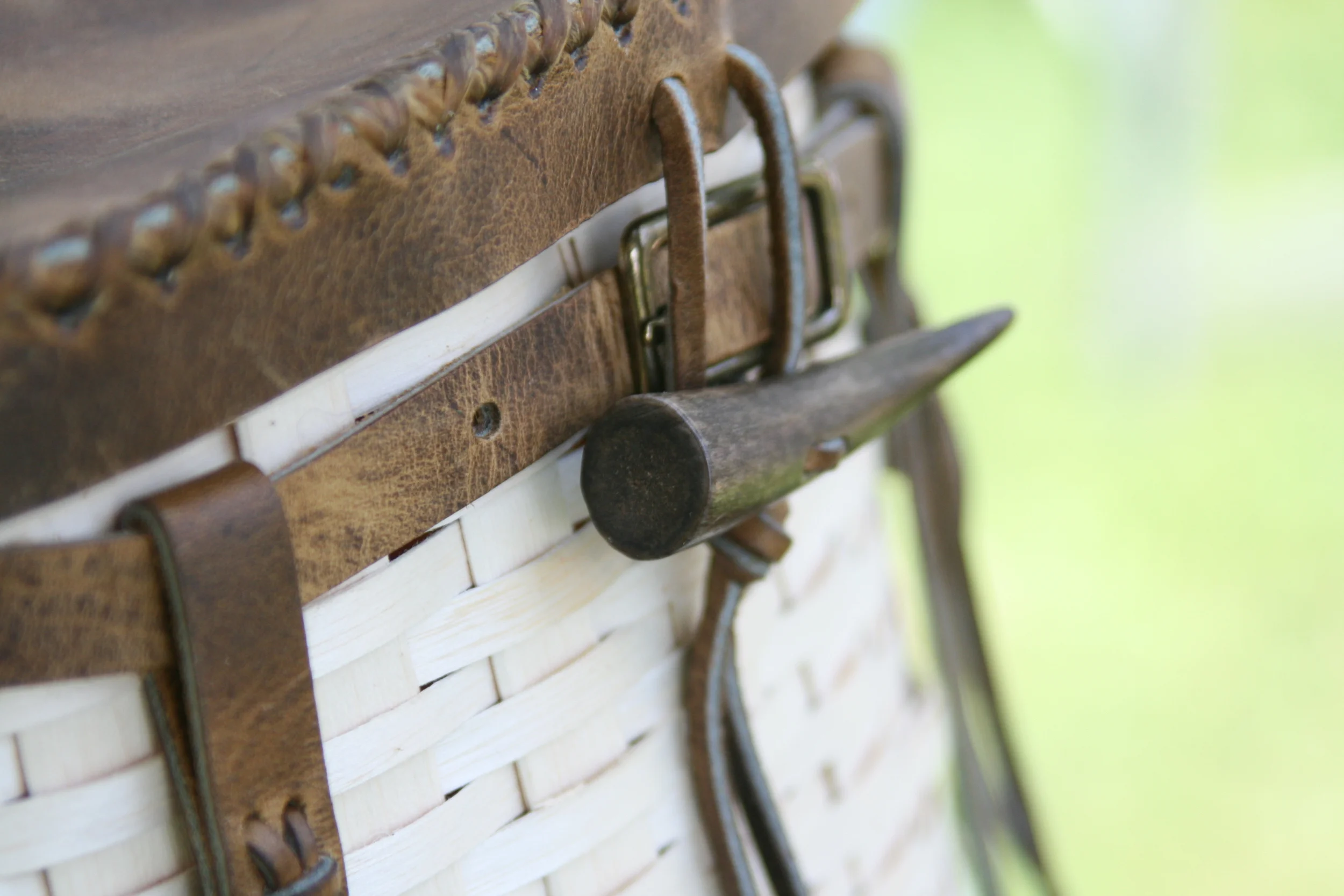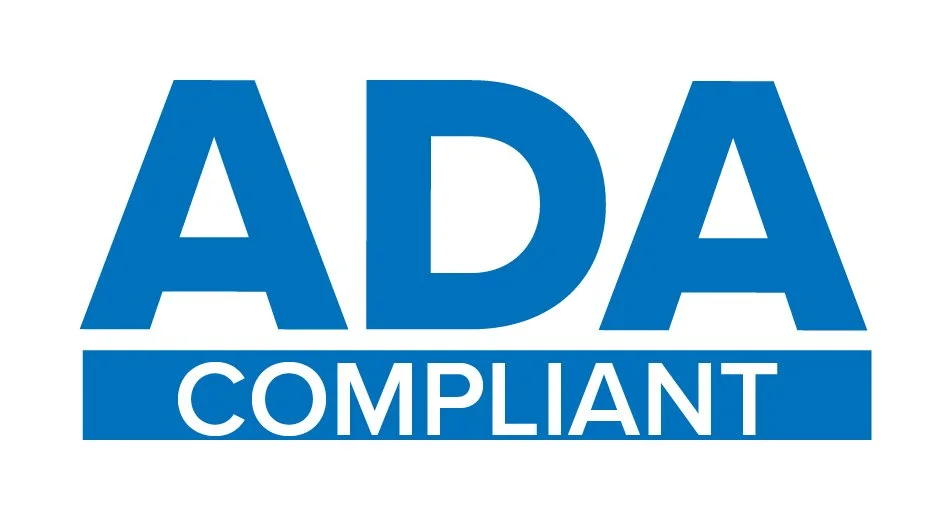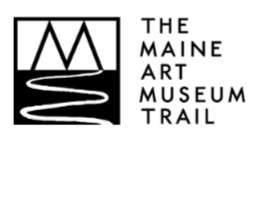Unearthing Ancient Artifacts on Maine's Coast
/
Maine's history of Native American culture and heritage dates back over 12,000 years and continues to this very day. During these ancient times, the glaciers that once covered the region had receded to the north exposing the fresh and fertile land of what we now call Maine. The ancient indigenous people of this land often gathered in large settlements or villages up and down the coast, placing themselves near the bounty of the sea. These people left behind a legacy that we can study as their ancient artifacts are unearthed. The Abbe Museum in Bar Harbor, Maine is on the forefront of uncovering these stories of the past through their annual Archaeological Field School.
During the week of August 9-14, Maine State Archeologist and long-time Abbe trustee, Dr. Arthur Spiess will lead an excavation of a coastal shell midden site in Sorrento, Maine. This field school offers first-hand experience in an archeological dig and will be excavating a site that was first explored by the Abbe Museum in 1939. New techniques and technology have the potential to shed new light on the lives of Maine's Native Americans prior to the arrival of the first European settlers. Stone and bone tools tell us how people harvested and processed food and other raw materials. Pottery sherds provide insight into the time periods during which a site was occupied, while animal bones and plant remains tell us what people were hunting and gathering for food and other uses. Field School participants will learn digging techniques, practice mapping the site, and learn about the analysis of artifacts. This will be complemented by lab sessions and lectures to give participants a broad understanding of archaeology and Maine's Native American heritage.
 While the Abbe Museum's Archaeological Field School is important to the scientific community as a whole, it has a more intimate importance right here at home in Maine. Bonnie Newsom, a member of the Penobscot Indian Nation and the Tribe's Archeologist recounts her first time on a dig. "I was a recipient of an Abbe Museum Field School scholarship which was given to Native Americans. Had I not had that opportunity I would have not gone into the field of archeology. This Field School affords tribal members the opportunity to explore new career paths and opens the doors of archeology to Native people." Bonnie strongly feels that it is "Critical that the Field Schools are open to Native people as we have been a missing component of this profession . The Abbe is in a great position to help facilitate this by providing Native people an opportunity to engage with their ancestors and protect and preserve these important sites."
While the Abbe Museum's Archaeological Field School is important to the scientific community as a whole, it has a more intimate importance right here at home in Maine. Bonnie Newsom, a member of the Penobscot Indian Nation and the Tribe's Archeologist recounts her first time on a dig. "I was a recipient of an Abbe Museum Field School scholarship which was given to Native Americans. Had I not had that opportunity I would have not gone into the field of archeology. This Field School affords tribal members the opportunity to explore new career paths and opens the doors of archeology to Native people." Bonnie strongly feels that it is "Critical that the Field Schools are open to Native people as we have been a missing component of this profession . The Abbe is in a great position to help facilitate this by providing Native people an opportunity to engage with their ancestors and protect and preserve these important sites."




